Commission Plans 'Step-Change' in Simplicity for Climate Research
Commission Plans 'Step-Change' in Simplicity for Climate Research
Leaked plans for climate research show EU will strive for more impact in final years of Horizon Europe.
Send us a link
Leaked plans for climate research show EU will strive for more impact in final years of Horizon Europe.


Authors are increasingly paying to publish their papers open access. But is it fair or sustainable?

How social science helps combat climate change.


Attempts to quantify academic contributions to the UN Sustainable Development Goals might miss the mark.
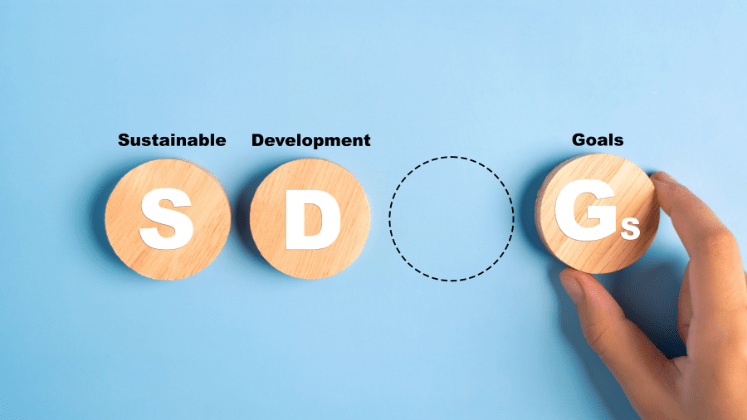
Some scientists want to scale back their research to reduce carbon emissions. Instead of this being equated with a need to scale down research infrastructures and data centres, we need to take action to ensure these facilities are sustainable.
The 2023 Global Sustainable Development report sets the stage for transformative action in achieving the Sustainable Development Goals by 2030. Can world leaders translate these insights into concrete actions?
Developing nations need greater visibility, acknowledgement and support for their research into the United Nations' Sustainable Development Goals (SDGs).
A groundbreaking analysis of safety and justice hopes to inform the next generation of sustainability policy.
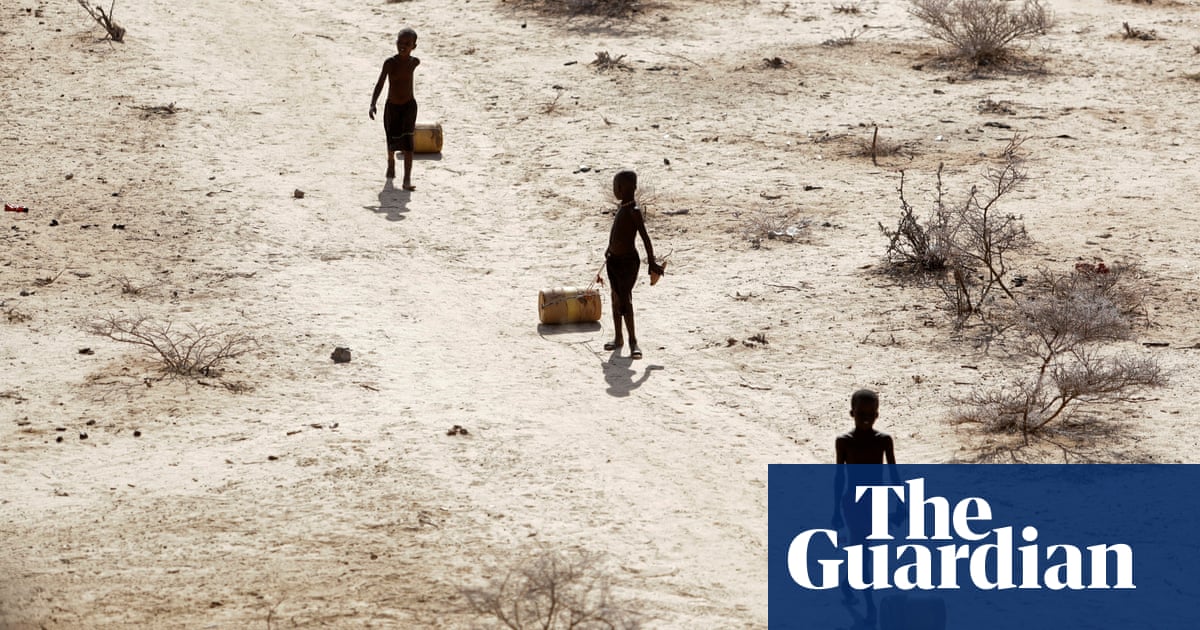
Bacteria and fungi recently discovered in the Swiss Alps can digest biodegradable plastics at low temperatures. This ability, if upscaled to an industrial scale, will save money and energy during recycling, say scientists.
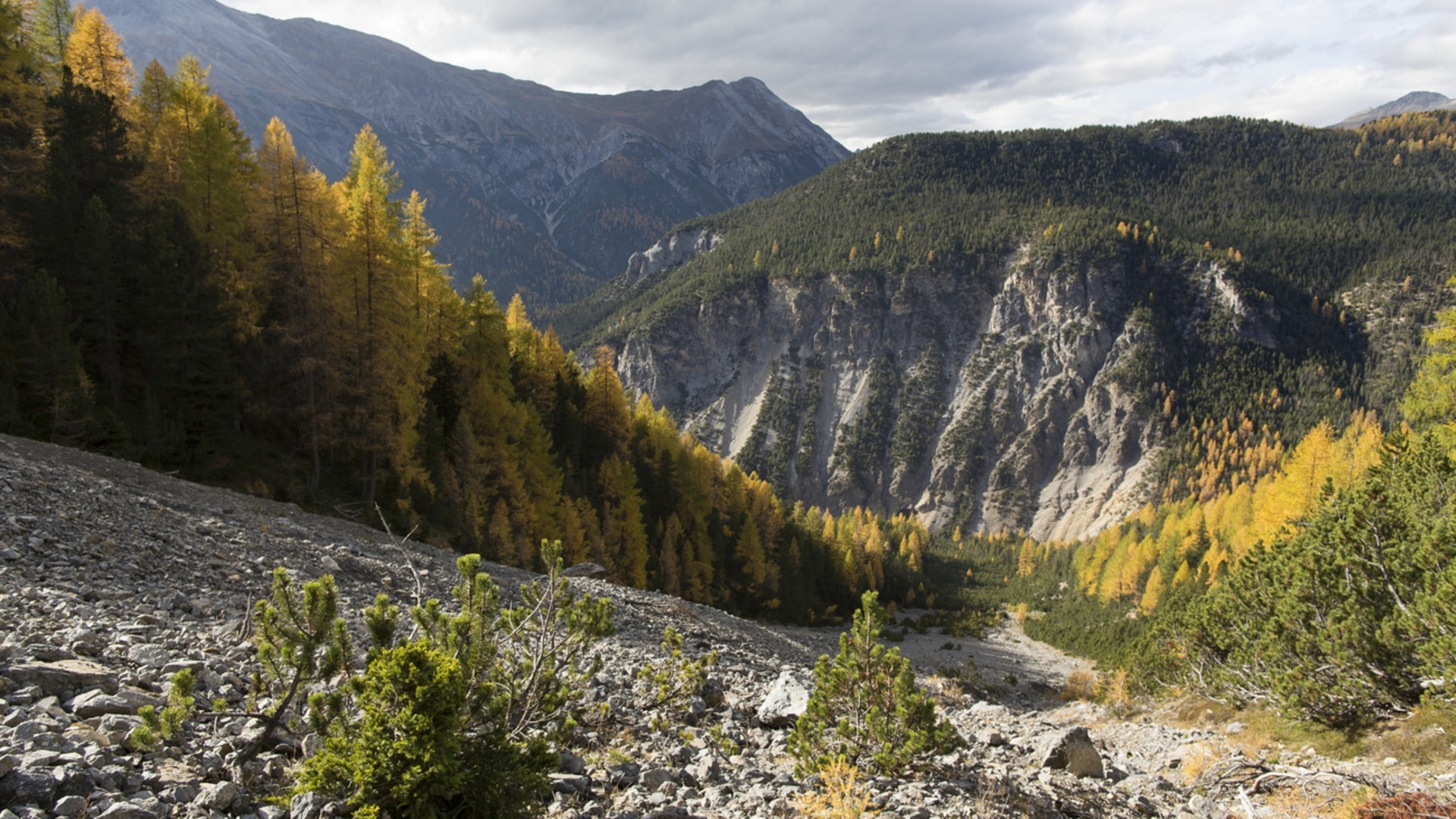
Universities must change so that the scientific enterprise can respond to the climate crisis.
The European Commission's acknowledgement that research and innovation have the potential to generate environmental harms can be viewed as a landmark in the history of research policy.
Interventions designed to improve agricultural practices often lack a solid evidence base. A new initiative could change that.
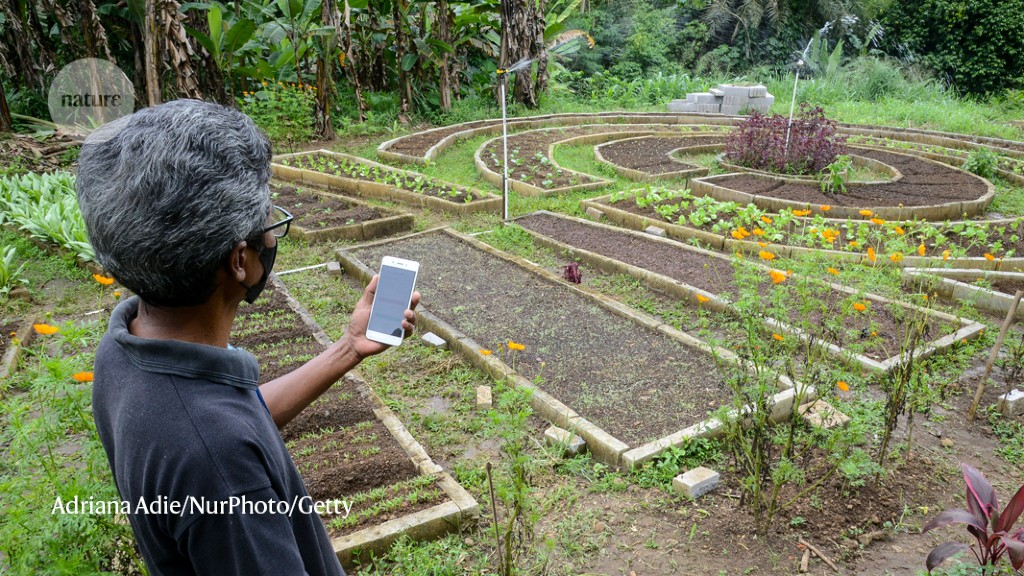
The United Nations Sustainable Development Goals are not a priority for research in high-income countries. That must change.

Science, technology and innovation research is not focused on the most pressing problems: taking climate action, addressing complex underlying social issues, tackling hunger and promoting good health and wellbeing.
A major new international study finds that global science research serves the needs of the Global North, and is driven by the values and interests of a small number of companies, governments and funding bodies.
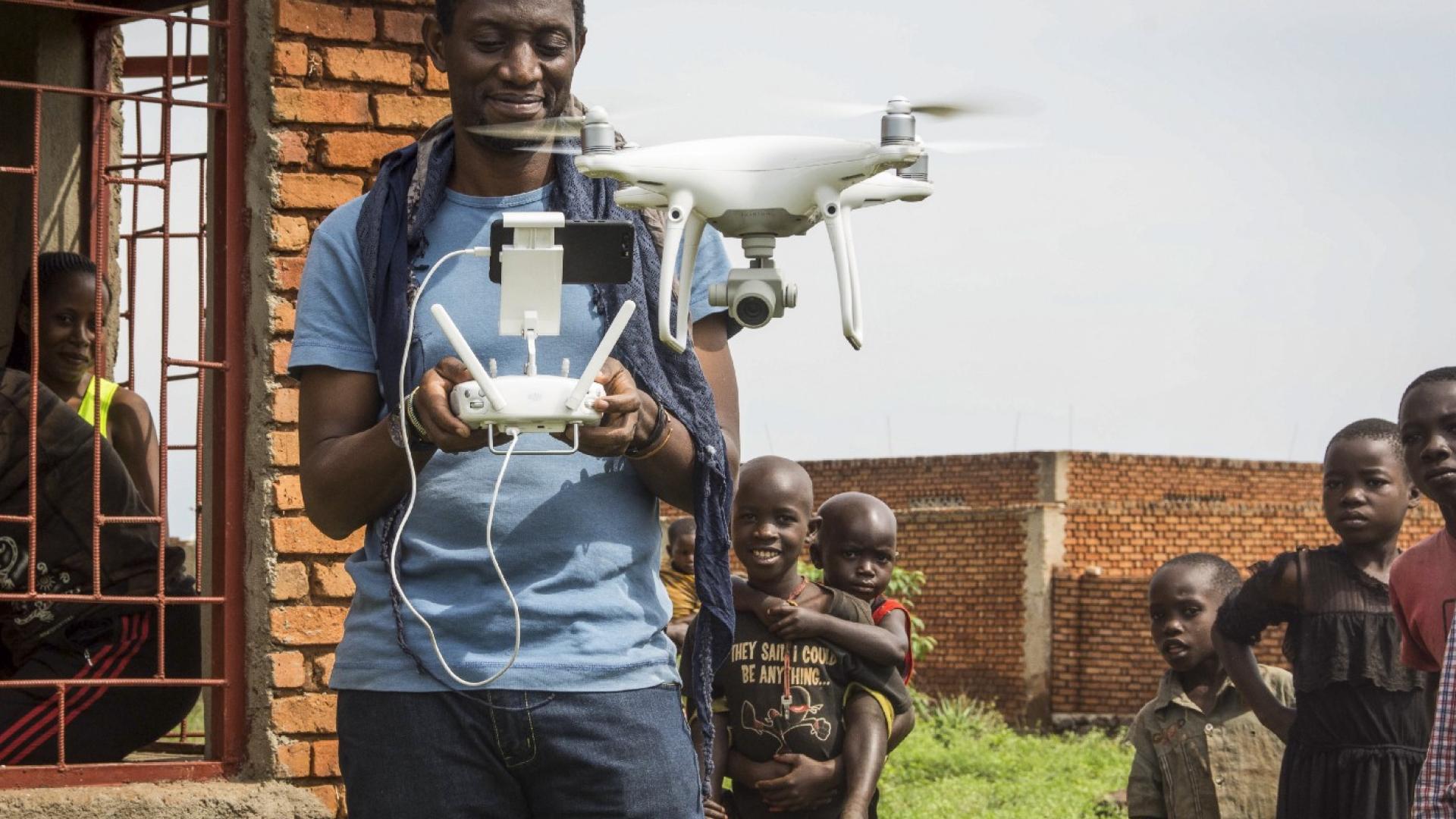
About 20% of data centers in the United States already rely on watersheds that are under moderate to high stress from drought and other factors. However, few companies are talking about the issue.
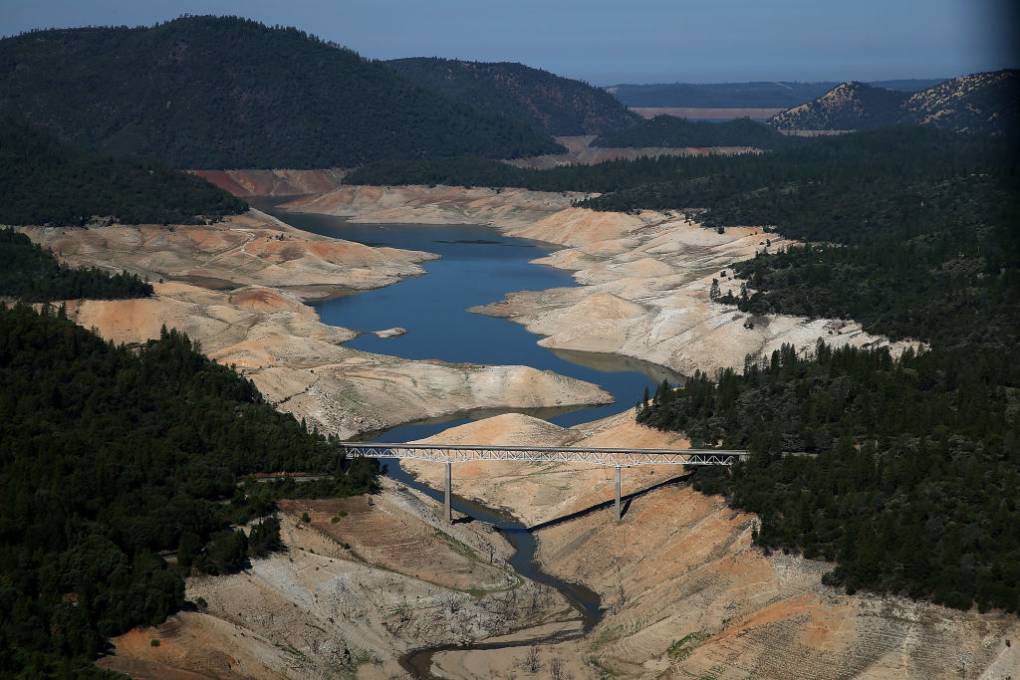
Sustainable use is when biodiversity and ecosystem functioning are maintained while contributing to human wellbeing.

Selecting economic policies to achieve sustainable development is challenging due to the many sectors involved and the trade-offs implied. Artificial intelligence combined with economy-wide computer simulations can help.
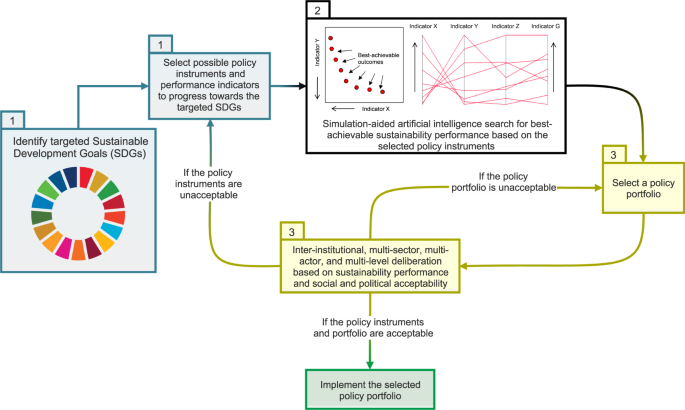
Humans' presence on Earth led to catastrophic climate crises and threatened the planet's inhabitants. But can we say that humans are an invasive species?

New study says that sugar taxation policies have the potential to meet environmental, social, and economic objectives.
The study shows evidence that the Sustainable Development Goals have had largely a discursive influence and only limited transformative political impact.
Over the past two decades, Sub-Saharan Africa has stepped up its scientific production and its investment in higher education.
Environmental sustainability provides a clear route to prosperity and well-being, and people in power need to take notice.

Researchers must try to resolve a dispute on the best way to use and care for Earth's resources.

United Nations resolution on greening plastics is a positive step. As negotiations begin, they must be evidence-based.
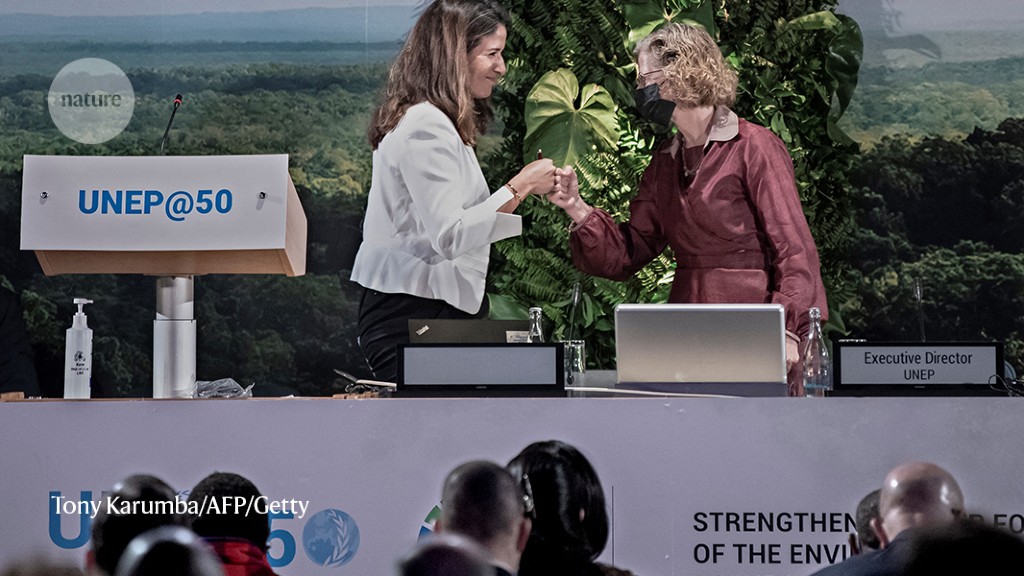
A team of researchers from the University of Geneva (UNIGE) and the Swiss Federal Laboratories for Materials Testing and Research (Empa) has studied various scenarios for reducing the Swiss carbon footprint tied to electricity consumption. The authors recommend the implementation of a domestic generation mix of wind and photovoltaic energy.